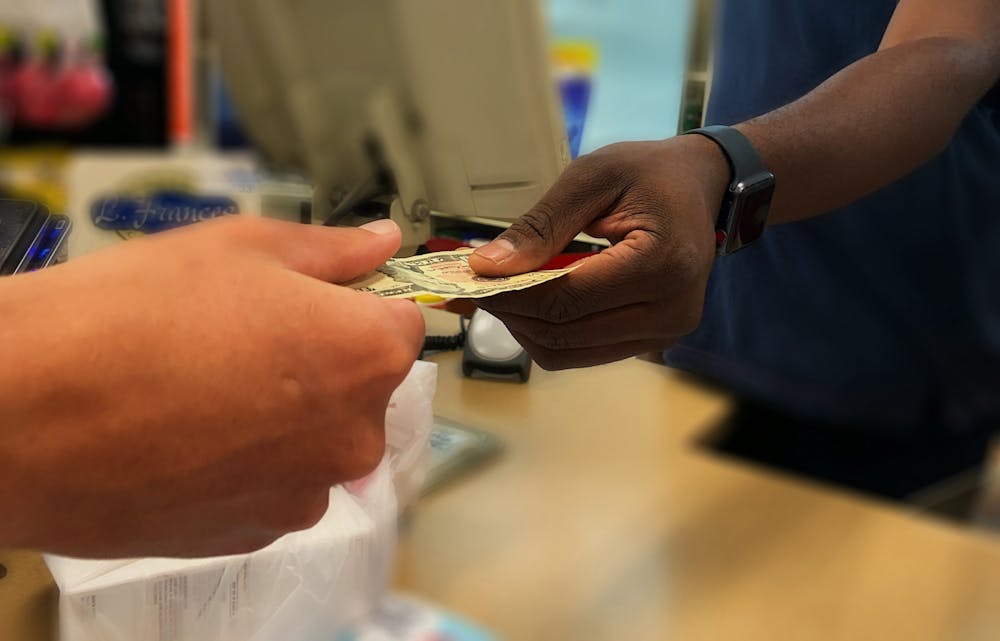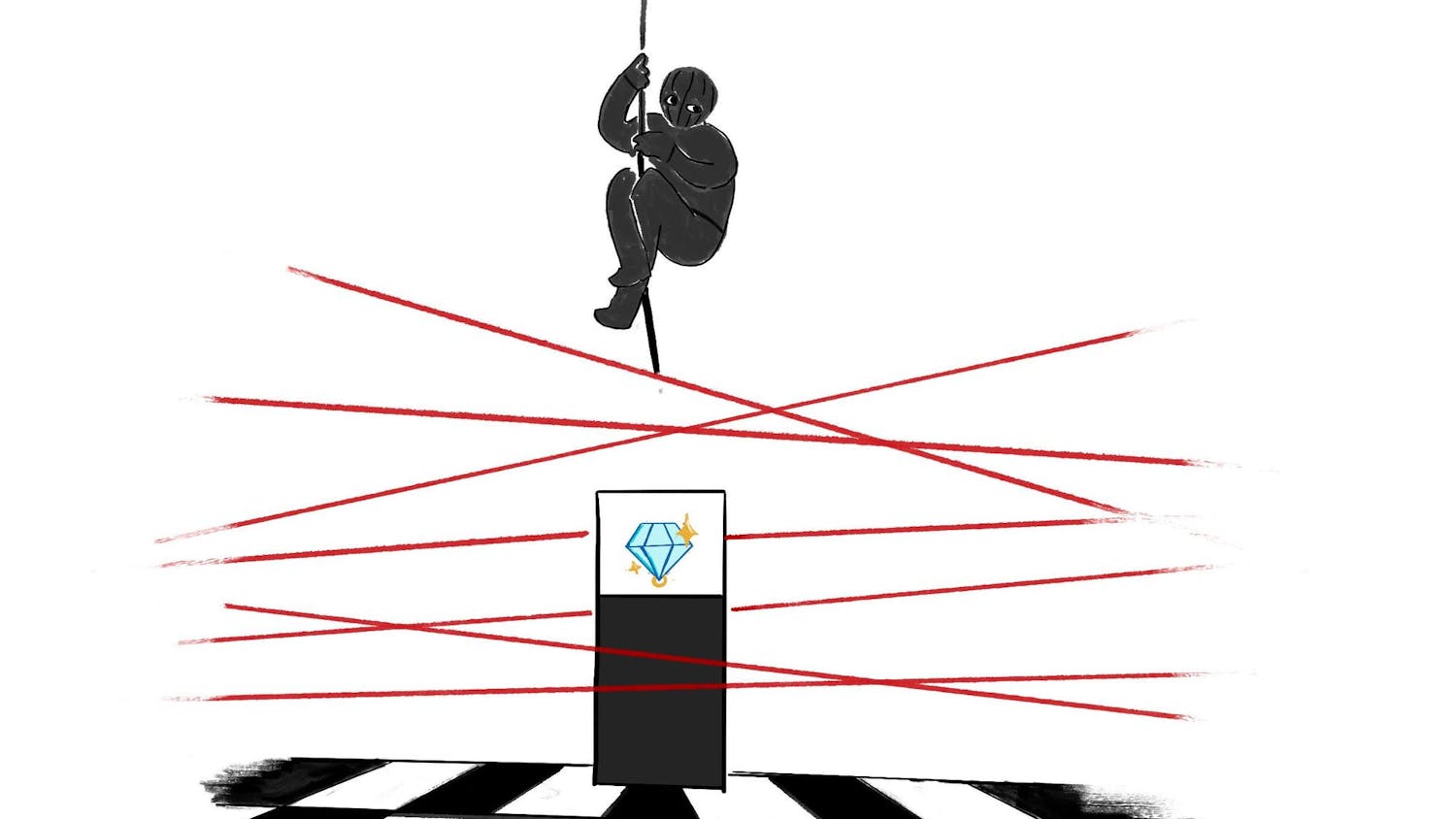After a quiet summer of quarantine, students are facing stress as weeks are filled with quizzes and Zoom calls. Some may find themselves coping with these negative moods through emotional spending.
Emma Tillis, a freshman in political science, said emotional spending is a habit that has affected her.
“When I emotionally spend, I typically buy items that either catch my eye or spark joy,” she said. “It can range from ... buying clothes at the thrift store, or room decor, something to look at when I’m sad, or food.”
Tillis said sadness or stress is what commonly causes her to emotionally spend.
“I’ll go thrifting if I’m ever sad about something or if I’m looking for something to do while procrastinating some responsibilities,” Tillis said.
Dustin Johnson, a licensed psychologist and the assistant director for outreach and mental health initiatives at Auburn University’s Student Counseling and Psychological Services Center, said sometimes people don’t realize when they are spending emotionally.
“Sometimes people are conscious of this spending, and sometimes it can become so habitual that people do not realize that it is the emotion that is driving their purchases,” Johnson said.
Johnson said some people may spend emotionally because they expect it will boost their mood, but it doesn’t always have that effect.
“For some, purchasing an item provides a temporary serotonin boost; serotonin being the neurochemical implicated in producing happiness,” he said.
This boost of happiness fades away, however, when they find what they purchased wasn’t what they wanted or needed, Johnson said.
Tillis said she understands this feeling of regret after emotional spending.
“Emotional spending is like a Band-Aid over a stab wound,” she said. “It will cover it up but won’t help the healing process.”
Sometimes, the side effects of emotional spending does more harm than good, Tillis said. Spending emotionally doesn’t fix the problem she was trying to cover up.
“Also, my bank account takes a toll whenever I go shopping to find joy,” Tillis said.
For those who want to change their habits, there are ways to recognize emotional spending and put a stop to it.
Johnson said finding other mood-boosters can help.
“Spending time with friends, taking mindful walks, even smiling more can give you a serotonin boost that will make you feel just as good as spending when you need an emotional pick-me-up,” he said.
Tillis said she has used similar strategies, and she has started to be proactive in her response to emotional spending.
“I’ve tried to limit myself on emotional spending by trying to face my problems head-on, without doing something else as a placeholder,” she said.
Tillis said emotional spending is a pricey coping mechanism that doesn’t always help the situation.
“I’ve realized that emotional spending causes short-term happiness while what I need is long-term happiness,” Tillis said.
Do you like this story? The Plainsman doesn't accept money from tuition or student fees, and we don't charge a subscription fee. But you can donate to support The Plainsman.

Abby Winskowicz, sophomore in communication, is a lifestyle writer at The Auburn Plainsman.





